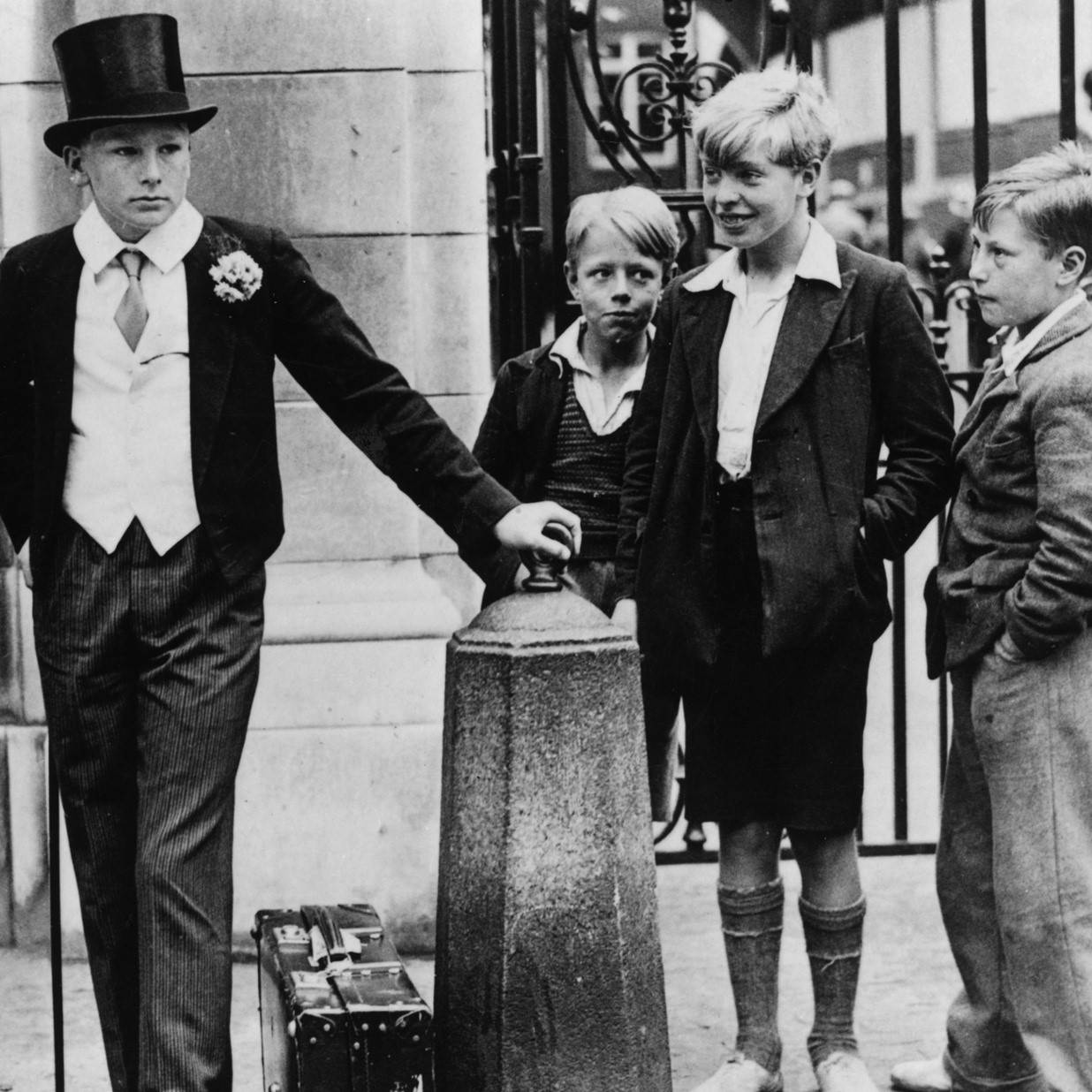April 20, 2017
Number of data scientist jobs soars as Big Data moves up the corporate agenda 0
 Advances in tech have boosted Data Scientist roles by 57 percent globally in one year, according to a Big Data Analytics and Business Intelligence Observatory run by Politecnico di Milano School of Management. Advances in big data analytics are encouraging increasing numbers of industries – including banking, media and big pharma – to maximise this tool by employing more data scientists. The research, which surveyed 280 international data scientists, revealed the 57 percent annual increase in positions allocated, as well as role availability in nearly a third of companies. The research suggests that international businesses will increasingly be looking to integrate Data Scientist roles into their hiring strategies.
Advances in tech have boosted Data Scientist roles by 57 percent globally in one year, according to a Big Data Analytics and Business Intelligence Observatory run by Politecnico di Milano School of Management. Advances in big data analytics are encouraging increasing numbers of industries – including banking, media and big pharma – to maximise this tool by employing more data scientists. The research, which surveyed 280 international data scientists, revealed the 57 percent annual increase in positions allocated, as well as role availability in nearly a third of companies. The research suggests that international businesses will increasingly be looking to integrate Data Scientist roles into their hiring strategies.











 London’s office workers are looking for shorter commutes, demanding more collaborative and networking opportunities while at work and better access to green space, retail, leisure and wellness; all of which could present a huge opportunity for the less congested outer London boroughs, a new report suggests. According to Savills latest London Mixed Use Development Spotlight, as employers and employees alike demand more from their workplace and their work- life balance, London’s outer boroughs could reap the benefits by providing greater flexible office space and affordable homes at a variety of price points. According to Oxford Economics, employment in sectors that tend to occupy co-working spaces is set to rise by 20,000 people in the outer London boroughs over the next five years, which equates to a gross additional need of 1.6 million sq ft (148,644 sq m) of office space.
London’s office workers are looking for shorter commutes, demanding more collaborative and networking opportunities while at work and better access to green space, retail, leisure and wellness; all of which could present a huge opportunity for the less congested outer London boroughs, a new report suggests. According to Savills latest London Mixed Use Development Spotlight, as employers and employees alike demand more from their workplace and their work- life balance, London’s outer boroughs could reap the benefits by providing greater flexible office space and affordable homes at a variety of price points. According to Oxford Economics, employment in sectors that tend to occupy co-working spaces is set to rise by 20,000 people in the outer London boroughs over the next five years, which equates to a gross additional need of 1.6 million sq ft (148,644 sq m) of office space.




 Long working hours are embedded into Small and medium sized firm’s (SME) culture, new research by AXA PPP healthcare has claimed, with 47 percent of employees in SMEs across the UK regularly working four or more hours of overtime per week, 27 percent of these putting in seven or more hours and for half (52 percent), the extra hours are unpaid. In addition, 22 percent of employees take fewer than 30 minutes for lunch, 19 percent have cancelled family time and 19 percent have missed a child’s event such as a school play due to working over and above their contracted hours. Over half (54 percent) of employees have continued to work after putting children to bed. With Britain’s small and medium sized firms making up 99.9 percent of the UK’s private sector businesses, employing nearly 3/5 of its workforce and accounting for 48 percent of the turnover this accounts for a lot of workers.
Long working hours are embedded into Small and medium sized firm’s (SME) culture, new research by AXA PPP healthcare has claimed, with 47 percent of employees in SMEs across the UK regularly working four or more hours of overtime per week, 27 percent of these putting in seven or more hours and for half (52 percent), the extra hours are unpaid. In addition, 22 percent of employees take fewer than 30 minutes for lunch, 19 percent have cancelled family time and 19 percent have missed a child’s event such as a school play due to working over and above their contracted hours. Over half (54 percent) of employees have continued to work after putting children to bed. With Britain’s small and medium sized firms making up 99.9 percent of the UK’s private sector businesses, employing nearly 3/5 of its workforce and accounting for 48 percent of the turnover this accounts for a lot of workers.
















April 3, 2017
The point everybody is missing about the backtrack on remote working by IBM 0
by Andrew Mawson • Comment, Facilities management, Flexible working
(more…)